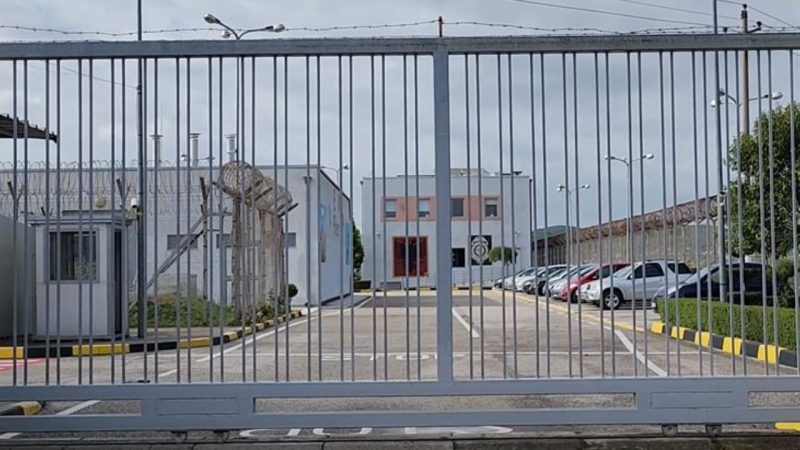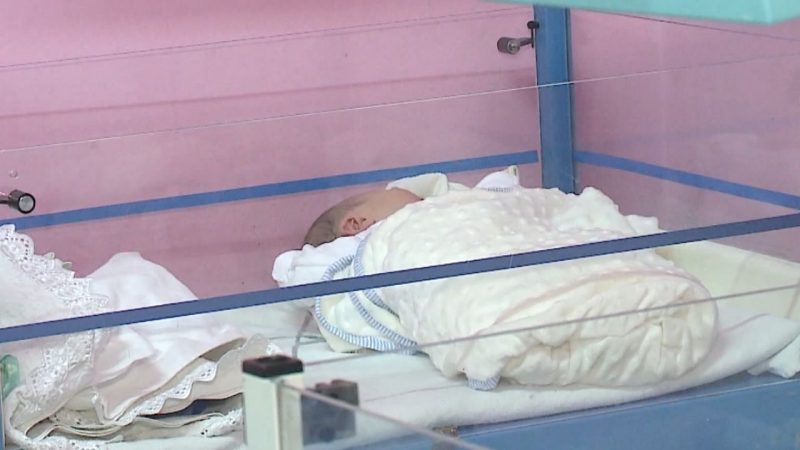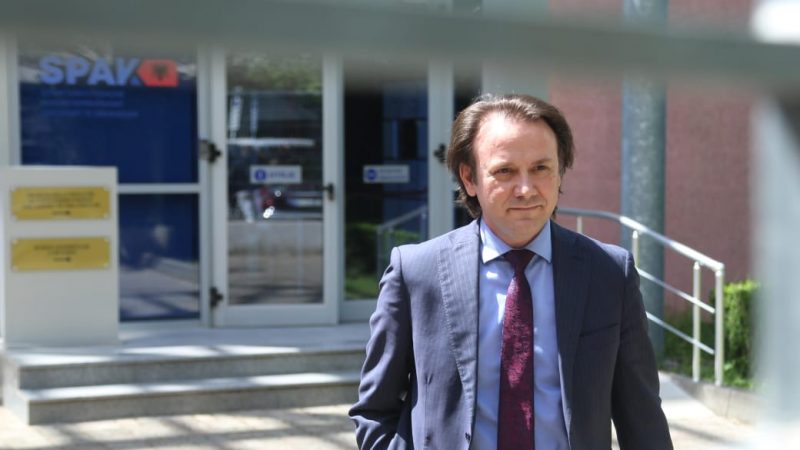 119 convicts are released from Fier prison today, others benefit from Criminal Amnesty in reduced sentences
119 convicts are released from Fier prison today, others benefit from Criminal Amnesty in reduced sentences
27/06/2011 08:10

Not all taxes paid by the Albanians are used for their welfare. If the
violations detected by the Supreme Audit Institution weren’t enough, a constitutional
independent institution, another agency controlled by the government
has verified several abuses.
The report sent to the Parliament by the Ministry of Finances, regarding the Internal Audit for 2010, says that the state has suffered a loss of 34 million USD in procurements, tax collections and financial transactions.
Public fund violations have been detected in financial management, with a value of 3.37 billion ALL (34 million USD). The biggest damage comes from the tax sector (tax evasion). The Ministry of Finances underlines that the system of financial management is the most endangered sector, where corruption is more widely spread.
This sector includes public procurements, wages, financial transactions and tax collections from customs and tax offices.
“There where money is concentrated in larger numbers, the risks for corruption are higher”. Based on this analyze, the General Directory of Interior Audit, under the competence of the Ministry of Finances, declares that the inspections must be performed more carefully.
Inspections performed during 2010 discovered a series of violations caused by the public administration in damage of the state budget, especially in the calculation of per diem payments in or out the country, the extra hours, bonuses etc… in a total of 5 million USD. Different from the Supreme Audit Institution, the Interior Audit does not give details for the institutions that have abused more with public funds. They only publish the essence of the problem and the total number of detected cases. Concerning enough are the violations made through tenders for public investments or for buying office appliances and refurbishment. The report says that the most common way of abuses with Albanian tax payers’ money is by extending contracts and surpassing the fund limits.
What is considered as more concerning is the fact that these discoveries are only a part of what really happens, because during inspections, heads of the institutions interfere with their employees for not publishing everything. Since any institution has its own audit structure, the subordinates depend directly from the Ministry. Although this sector is covered by the Ministry of Finances in its policies and standards, the audits are part of every local and central institution. As consequence, the duty of damage detection is in a very difficult position. Taking an example, it is like an auditor of the Ministry of the Economy, employed by the Minister, says to the minister that he has abused with tenders.
This legal handicap has been treated many times from the Minister of Finances, who has asked the implementation of EU standards and a full independence of auditing structures.
The report has published many other negative occurrences, such as the professional level of the auditors and their lack of experience. During 2010, the Interior Audit Structures have made 2377 auditing missions compared to 1961 planned, 21% more. While in 2009, only 91% of the plan was achieved. For the administration of Minister Bode, this change of plans is considered very concerning and not professional at all.
Top Channel
 119 convicts are released from Fier prison today, others benefit from Criminal Amnesty in reduced sentences
119 convicts are released from Fier prison today, others benefit from Criminal Amnesty in reduced sentences 24/04 15:47







